Differences and Application Analysis between Vacuum Box Helium Detection and RGA Residual Gas Analysis
Date:2023-06-20 Views:2533
Helium leak detection in a vacuum chamber and RGA (Residual Gas Analysis) are two commonly used methods for detecting vacuum systems, and there are some differences between them in terms of principle and application. Residual Gas Analysis, abbreviated as RGA, is also known as Internal Moisture Analysis or IVA (Internal Vapor Analysis).
Principle:
Helium Leak Detection in a Vacuum Chamber: Helium leak detection in a vacuum chamber is carried out by placing the object to be detected in a vacuum chamber, injecting helium, and conducting leak detection. If there is a leak, helium will escape from the leakage point and be detected by the helium leak detection instrument.
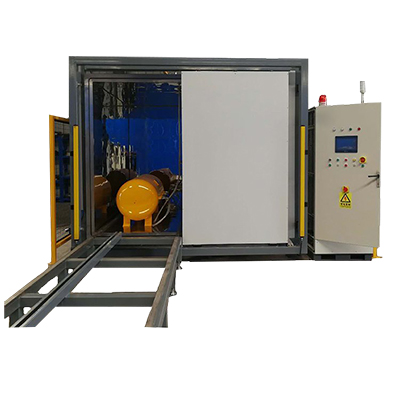
Helium Leak Detection in a Vacuum Chamber
RGA: RGA is a mass spectrometry analysis technique that obtains relevant information by analyzing the components of the residual gas in the vacuum system. The RGA instrument will ionize the gas in the vacuum system and analyze and detect it according to the mass-to-charge ratio of the gas ions.
Application:
Helium Leak Detection in a Vacuum Chamber: Helium leak detection in a vacuum chamber is mainly used to detect the leakage of welded joints, seals, etc. in a vacuum environment. It is widely applied in fields such as aerospace, electronic devices, and optical equipment.
RGA: RGA is mainly used to analyze the gas components in the vacuum system, and can detect and analyze the types and contents of gases as well as possible pollution sources. It is widely used in fields such as semiconductor manufacturing, material research, and maintenance of vacuum equipment.
Detection Range:
Helium Leak Detection in a Vacuum Chamber: Helium leak detection in a vacuum chamber mainly focuses on leakage problems and can detect tiny leakage defects or cracks.
RGA: RGA can analyze and detect various gas components in the vacuum system, including common gases, water vapor, organic substances, etc.
In summary, there are some differences between helium leak detection in a vacuum chamber and RGA in terms of principle and application. Helium leak detection in a vacuum chamber is mainly used to detect leakage problems, while RGA obtains relevant information by analyzing the gas components in the vacuum system. Both methods have their own application values in different fields.


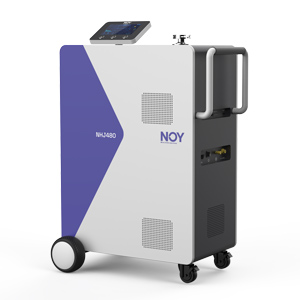
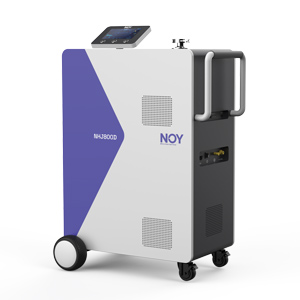
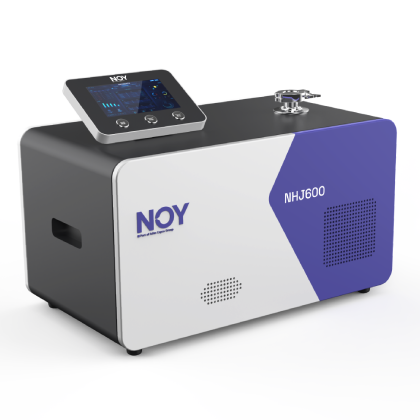
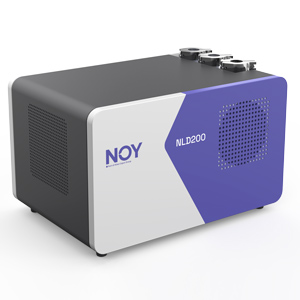
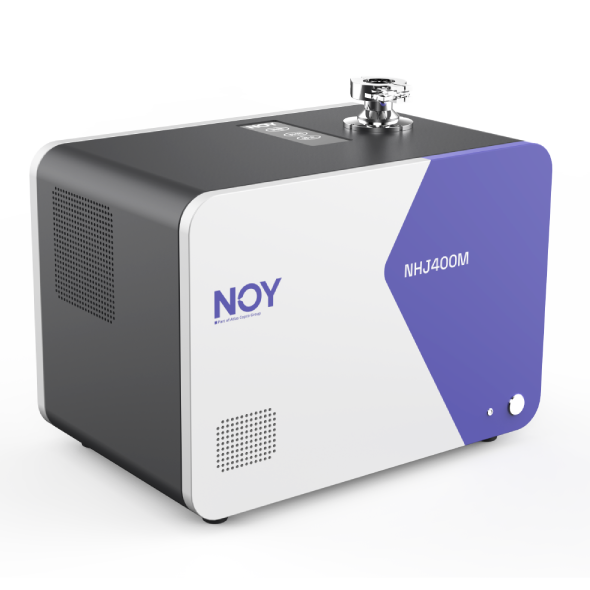
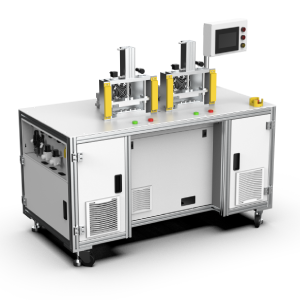

 Public Security Network Security Record in Anhui Province No. 34010302001915
Public Security Network Security Record in Anhui Province No. 34010302001915